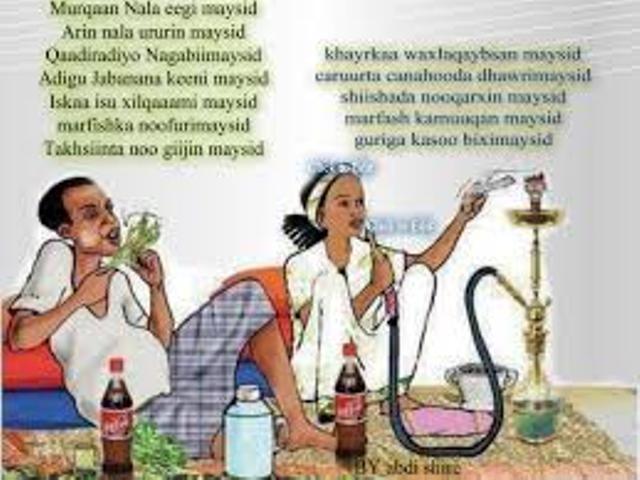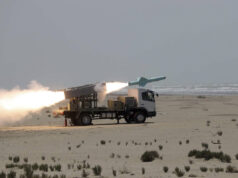
Someone relaxing in a Persian Gulf café by smoking a shisha pipe may not realise it, but the burning coals carefully placed on top of the hookah to heat the tobacco are not just fuelling their pleasure; they are also helping to fund a campaign of violence in one of the world’s poorest countries. Globally, Al-Shabaab may not be as infamous as the likes of Islamic State, Al-Qaeda or the Taliban, but the Somali-based organisation is one of the four deadliest terrorist groups in the world.
The militant group first came to prominence in the summer of 2006, as an Al-Qaeda affiliate. Since then it has taken on an identity all of its own and been responsible for a campaign of deadly attacks in Somalia and in neighbouring countries such as Kenya, Ethiopia and Uganda. In 2017 it was responsible for the worst terrorist attack anywhere in the world, when a suicide bomber killed 587 people by detonating a truck laden with explosives outside a hotel in the Somali capital Mogadishu.
Behind its campaign of violence lies a sophisticated financing network based, in part, on trade in charcoal. According to the UN Monitoring Group on Somalia and Eritrea, the charcoal trade continues to be “a significant source of revenue” for Al-Shabaab, generating at least $7.5m from taxes at checkpoints in the Middle Juba and Lower Juba regions of Somalia where the charcoal is produced.
The charcoal in question comes from acacia trees and is prized in the Gulf because it burns for longer than charcoal from other sources. As well as helping to fill Al-Shabaab’s coffers, the trade risks environmental damage to Somalia, with millions of trees being felled to produce it. Such is the demand that, according to estimates from the Somalia Water and Land Information Management project of the UN’s Food and Agriculture Organization, a tree was cut down to produce charcoal at a rate of one every 30 seconds between 2011 and 2017. An estimated 3.6 million bags of charcoal were produced in 2017, with Al-Shabaab thought to levy a tax of around $2.50 per bag as it is transported to the port towns of Buur Gaabo and Kismayo (where each bag fetches between $9 and $11). Export volumes from those two ports vary between 300,000 and 600,000 bags a month, attracting a further tax of $5 a bag levied by the authorities there, which generates more than $15m in annual revenue for the Jubbaland administration.
bye Abdirahman ali dirie





